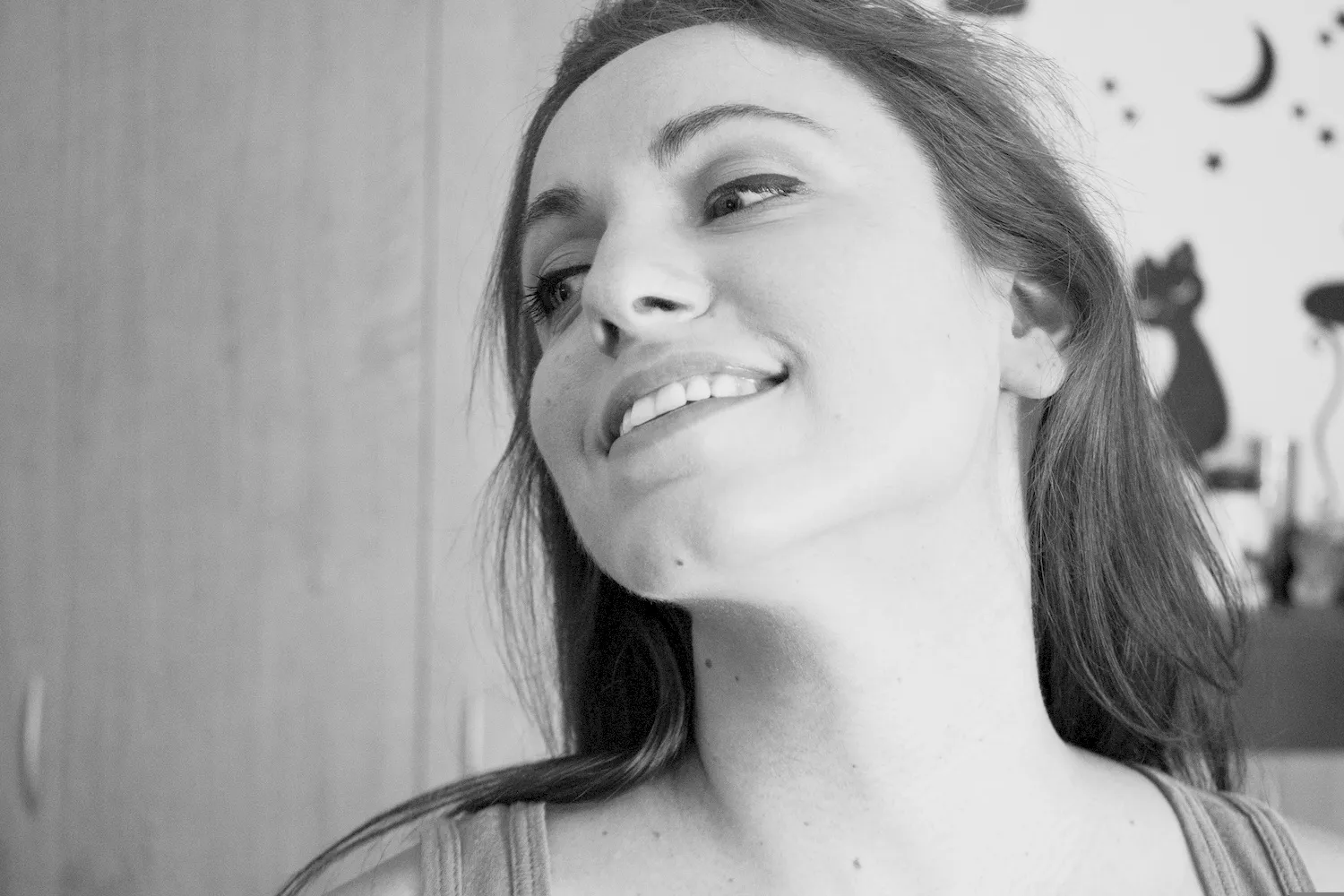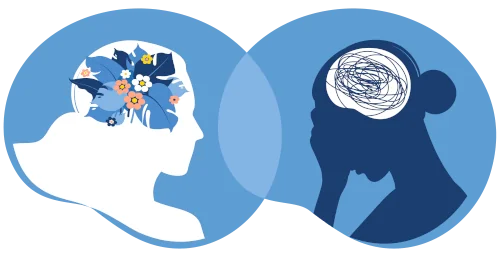

Different Types of Addictions Both Physical and Behavioral
Addiction is a complex condition that goes beyond alcohol and tobacco use, encompassing a wide range of medically recognised addictions. This broad spectrum includes not only substance abuse but also behavioural addictions like compulsive gambling, excessive shopping and unhealthy sexual behaviors. These addictions share common traits such as cravings, compulsions and a disruption in daily life. The effects of addiction are extensive, leading to financial problems, strained relationships and emotional distress. Understanding addiction’s root causes, beyond the substance or behaviour itself, is fundamental for effective addiction treatment and support.
Complete A – Z List Of Addiction Types
- A
- B
- C
- D
- E
- F
- G
- H
- I
- J
- K
- L
- M
- N
- O
- P
- Q
- R
- S
- T
- U
- V
- W
- X
- Y
- Z
Physical Addictions
These are more widely recognised and involve the dependency on substances ingested or introduced into the body. Common physical addictions include alcohol, tobacco, opioids, prescription drugs, cocaine, marijuana, amphetamines, hallucinogens, inhalants and PCP. They are typically categorised into three groups: alcohol, illicit drugs and prescription drugs. Alcohol addiction, one of the most common, often begins with social drinking and gradually progresses to dependency. Illicit drug addiction involves illegal substances that disrupt brain function, leading to short-term altered perceptions and long-term brain changes. Prescription drug addiction involves the misuse of medications not as prescribed by a doctor.
Behavioural Addictions
These occur when an individual loses control over their actions to engage in behaviors that provide temporary happiness, leading to dependency on the pleasurable feelings derived from these actions. Examples include addictions to food, sex, internet, pornography, using computers or cell phones, video games, work, exercise, spiritual obsession, seeking pain, cutting, shopping and gambling. People with impulse control disorders or mental health issues are more susceptible to these kinds of addictions.
Both physical and behavioural addictions often coexist with many individuals experiencing addiction to multiple substances or combining substance abuse with behavioural addictions. They share similarities such as the initial excitement or “high,” the development of tolerance, craving, loss of control and the experience of withdrawal symptoms, both psychological and physical. Understanding the interplay between these types of addictions is fundamental for effective treatment and recovery.
Overcoming addiction extends beyond mere willpower or familial support; it necessitates professional intervention for a structured and recovery approach. Rehabilitation centers provide this through personalised programs employing evidence-based methods, individual and group therapies, life skills training and relapse prevention strategies. These centers create an environment where trained therapists, counsellors and medical staff offer expert guidance. They create a safe space free from triggers, focus on comprehensive care addressing underlying mental health issues and provide a community of peer support. Crucially, they assist with aftercare planning to ensure sustainable recovery beyond the treatment period.
Taking the initial step towards seeking professional help is a important and brave decision. Recognising the need for assistance and actively pursuing treatment reflects strength and commitment to personal well-being. Rehabilitation centers are central in offering the necessary support, guidance and resources to overcome addiction and pave the way for a healthier, substance-free life.
The Importance of Professional Help
Seeking professional help is key in successfully overcoming addiction. Rehabilitation centers offer structured programs, providing the necessary tools and support for recovery. These programs often include individual and group therapy, life skills training and relapse prevention strategies.
Understanding the various forms of addiction and their specific challenges is the first step toward recovery. With professional help, individuals can regain control of their lives, overcome their addictions and move towards lasting wellness and fulfillment. Whether dealing with a physical or behavioural addiction, the path to recovery is one of addressing both the symptoms and the root causes of addictive behaviors.
Help For You
Facing your own drinking or drug use can feel overwhelming, but ignoring it usually makes things worse. Here you’ll find clear information on addiction, self-assessment, and what realistic treatment and recovery options look like.
Help A Loved One
If someone you care about is being pulled under by alcohol or drugs, it can be hard to know when to step in or what to say. This section explains warning signs, practical boundaries, and how to support them without enabling.
Frequent Questions
Most families ask the same tough questions about relapse, medical aids, work, and what recovery really involves. Our FAQ gives short, honest answers so you can make decisions with fewer unknowns.